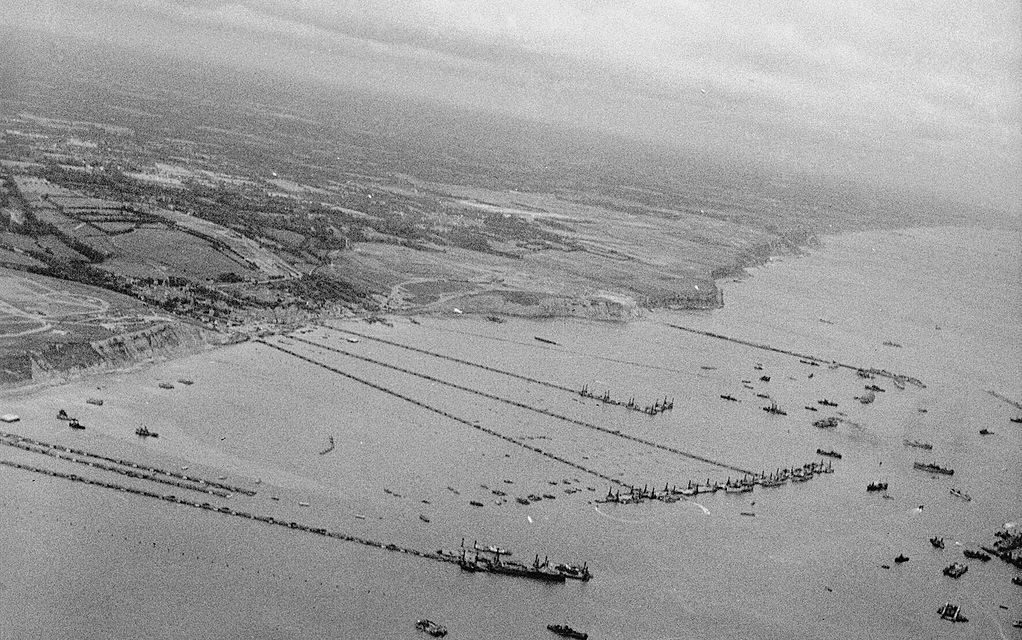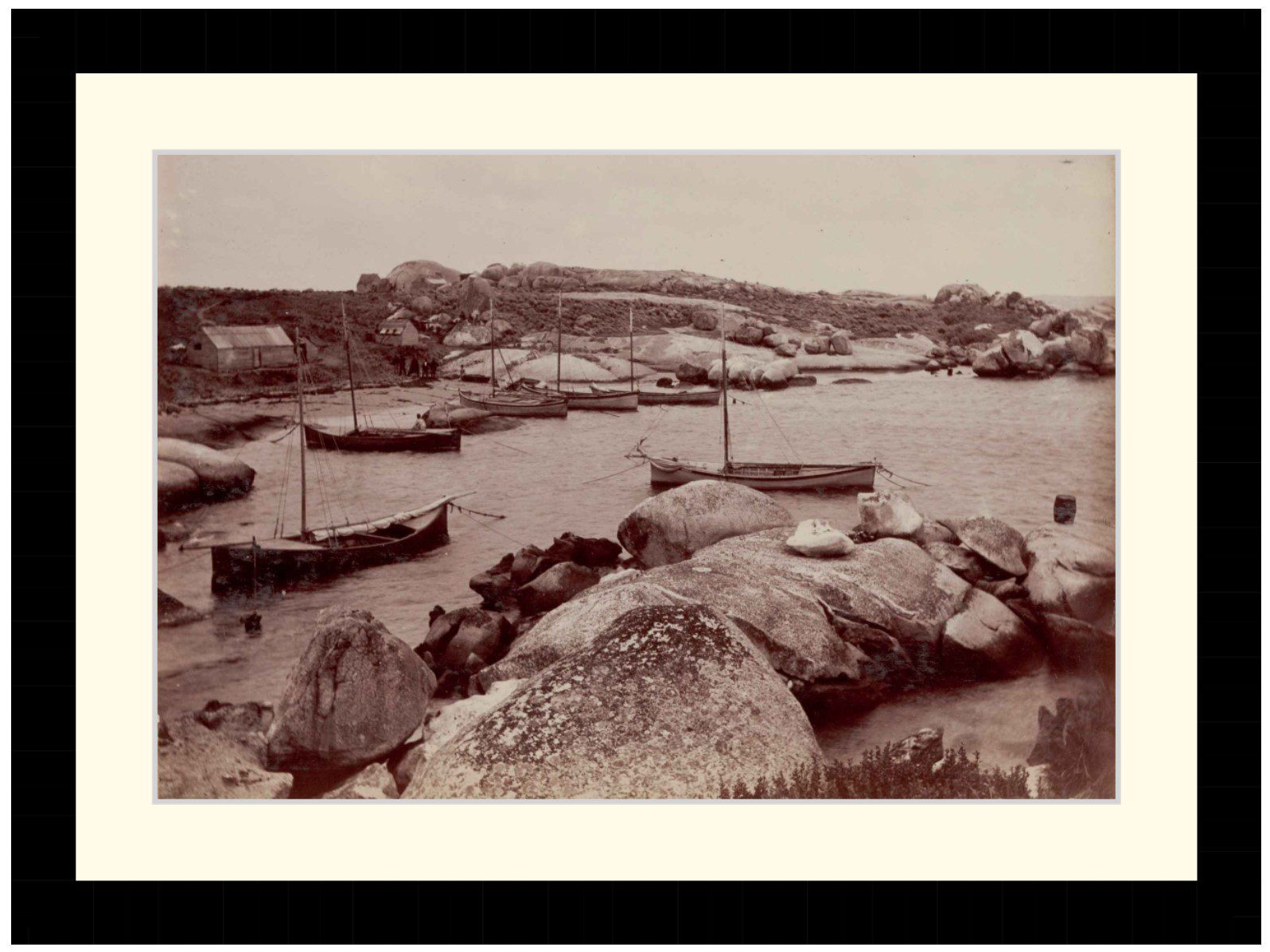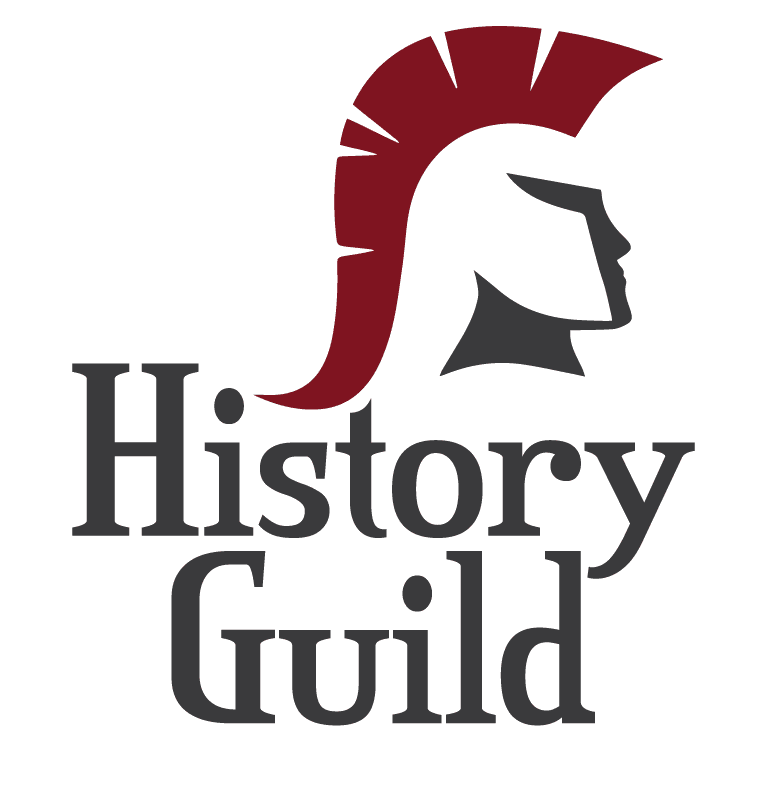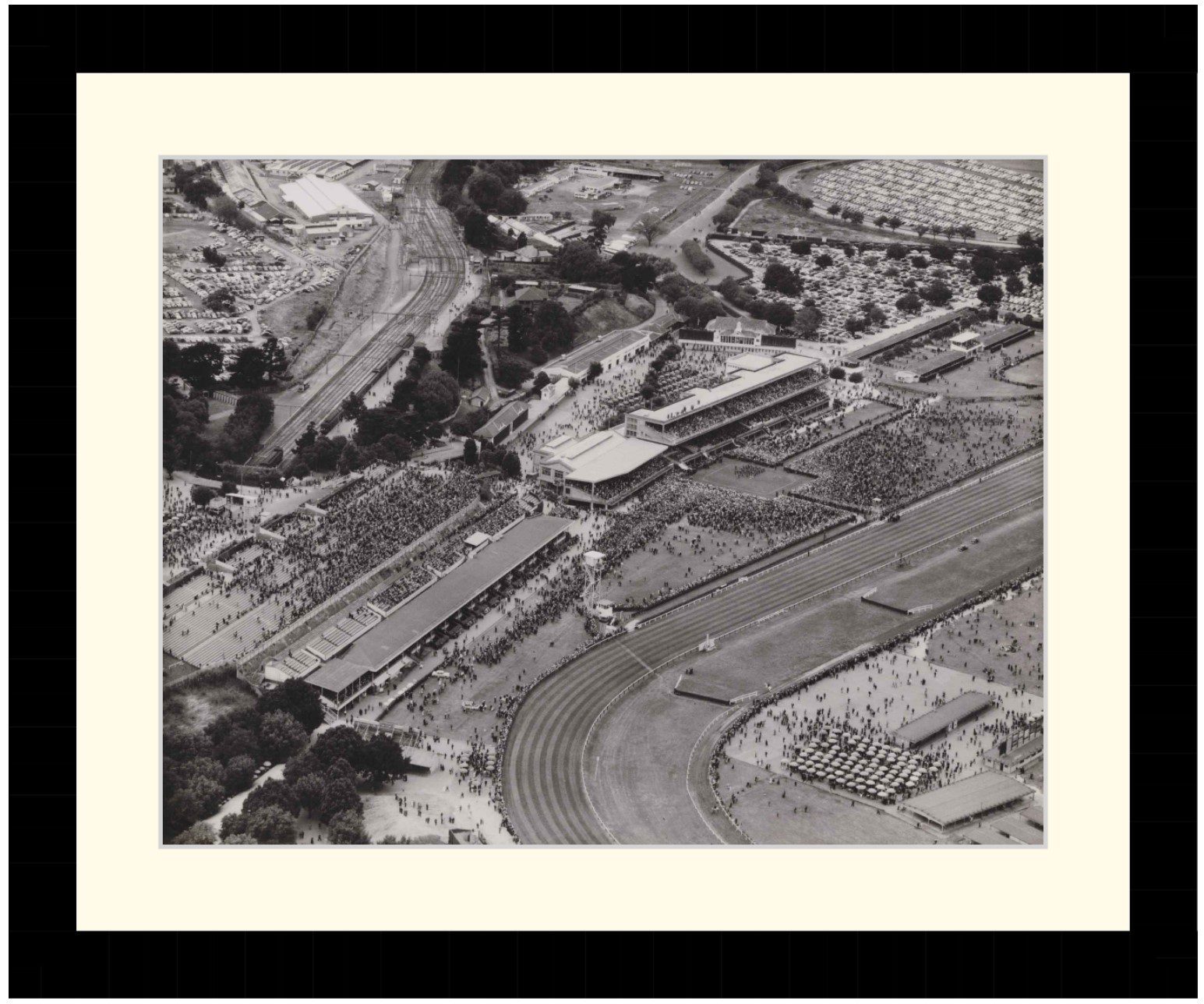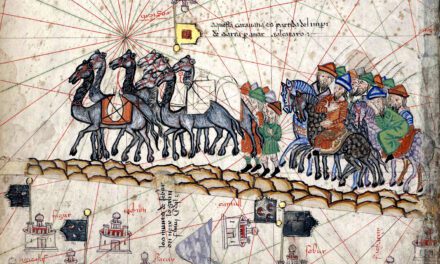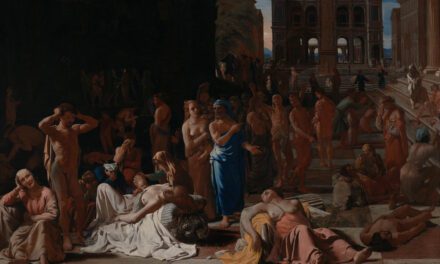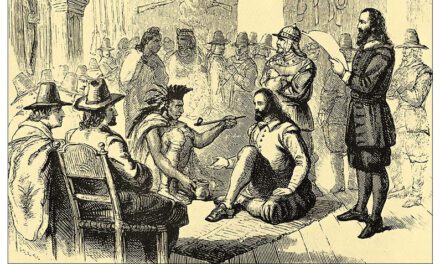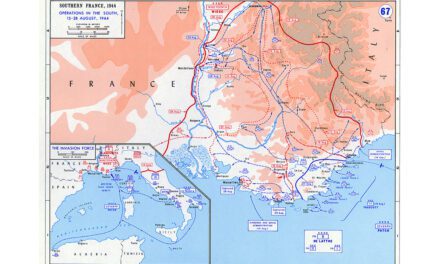History Guild General History Quiz 165
See how your history knowledge stacks up!
Want to know more about any of the questions? Scroll down to learn more!
Have an idea for a question? Suggest it here and we’ll include it in a future quiz!
The stories behind the questions
1. The ‘Mulberry Harbours’ were an important part of which military operation?
1944 D-Day Normandy Landings – When Allied troops flooded into Normandy, France in June 1944 they were using a remarkable and entirely untested technology: artificial ports. These ‘Mulberry Harbours’ consisted of artificial breakwaters – barriers against waves made up of sunken ships, and huge concrete chambers. Behind the circular breakwaters was a sophisticated system of floating piers anchored to the seabed.
All of these parts were towed 30 miles across the English Channel on D-Day from southern England, then sunk into place, about a mile off France’s northwest shore, the same day.
2. Which society was the first to provide a ‘dole’ to low income citizens?
Ancient Roman – Beginning as heavily subsidised grain supplied to low income citizens, the ‘grain dole’ grew to include the free supply of bread, olive oil, wine, and pork to up to 320,000 Roman citizens.
3. Which of these battles was a turning point that led to the defeat of Germany during WW2?
Battle of Stalingrad – Regarded as one of the single largest and bloodiest battles in the history of warfare, the heavy losses inflicted on the German Wehrmacht make it arguably the most strategically decisive battle of the whole war and a turning point in the European theatre of World War II. German forces never regained the initiative in the East and withdrew a vast military force from the West to replace their losses.
4. In which year did Australia transition from pounds to decimal currency?
1966 – In 1910, nine years after Federation, Australia created its own currency – the Australian pound. This was pegged in value to the British pound sterling. In 1966 this was replaced with the Australian dollar, with £A.1 was set as the equivalent of $2 AUD.
5. Approximately what percentage of English men could read and write in 1600?
25% – This was a significant improvement over the preceding 500 years, rising from perhaps as low as 10% at the time of the Norman conquest. It was fuelled by a revolution in education in England, with Grammar schools making education available to children from less wealthy families.
6. Who painted ‘The girl with the pearl earring’, shown below?

Johannes Vermeer – One of the greatest painters of the Dutch Golden, Vermeer was a Baroque painter who specialized in domestic scenes of middle-class life. Girl with a Pearl Earring was painted in c1665, there has been speculation that the subject is the artist’s eldest daughter, Maria.
7. In 1989 who famously proclaimed that history had ended?
Francis Fukuyama – An American political scientist, he is most famous for his book The End of History and the Last Man. This argues liberal democracies and free-market capitalism may have become the final form of human government.
8. Who became Queen consort of England in 1066?
Matilda of Flanders – Queen of England and Duchess of Normandy by her marriage to William the Conqueror, she spent many years as serving as a very successful regent of Normandy in William’s absence.
9. When did Concorde enter service?
1976 – A technologically very advanced aircraft, it failed however to secure commercial success. Despite initial projections that there was a market for 350 airframes only 20 were sold. It continued in service with Air France and British Airways until 2003, it’s demise hastened by a fatal crash in 2000.
10. Which was the first colony in North America to have a legislative assembly?
Virginia – The Virginia House of burgesses first sat in 1619.
Pennsylvania – The Pennsylvania General Assembly was founded in 1682.
Illinois – Illinois General Assembly was founded in 1818.
California – California State Legislature was established in 1849.

